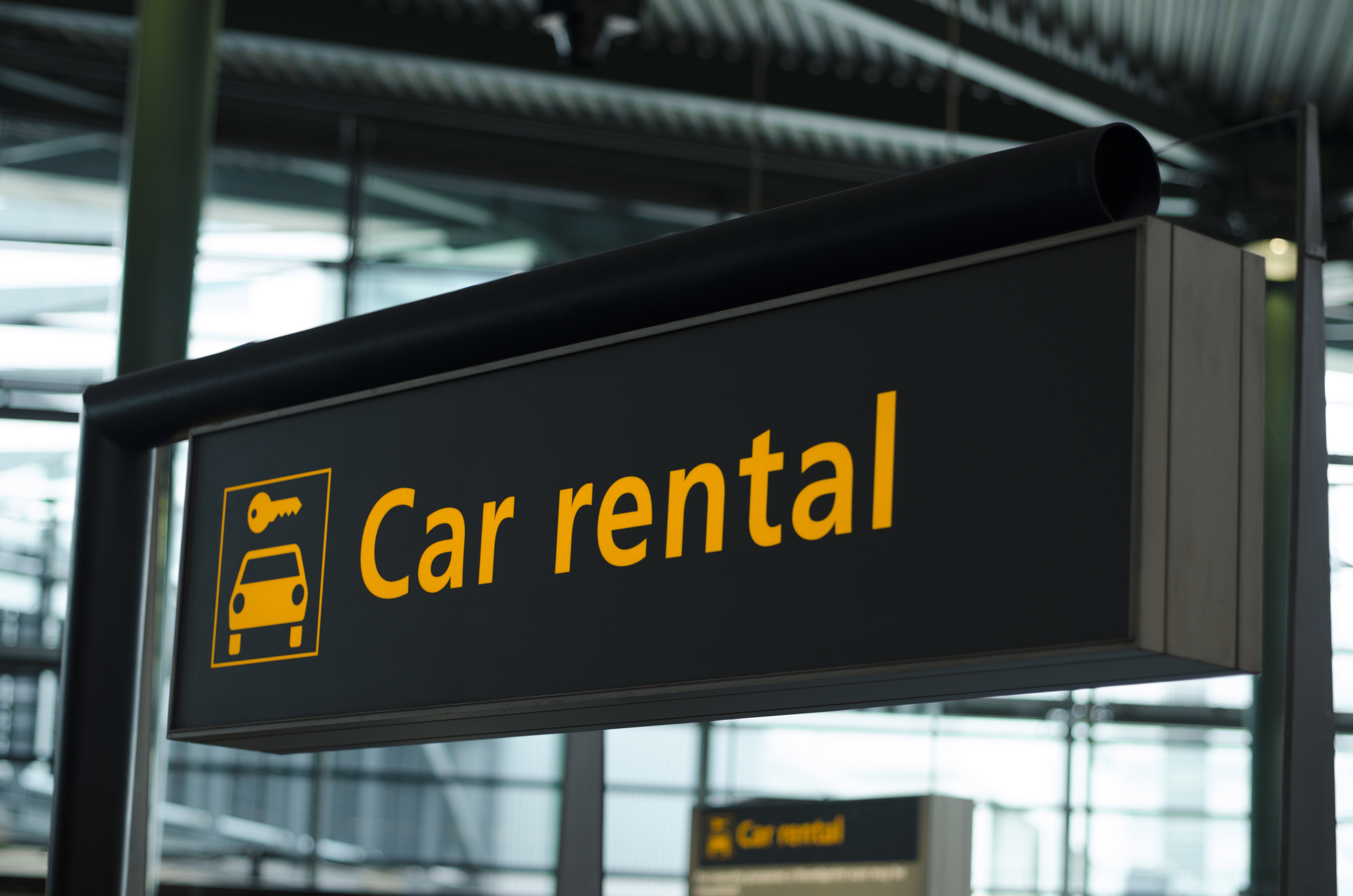Hiring a car anywhere abroad should be a relatively easy and transparent process, but very often it is not and is something that can cost you dear when you get home.
The array of insurances and confusions of conditions of hire can make it virtually impossible to make an informed judgement – there's a chance that you either take out unnecessary insurance or face additional and often considerable costs later.
Plan ahead
If you leave it to the last minute and simply pick a hire desk at random when you arrive at your destination airport you'll have no idea if you're getting a good deal or not.
Airports have a captive audience and prices are likely to reflect this, besides which, if you've already been waiting in line for an hour you are unlikely to be in the mood to read carefully through the conditions of hire before you sign the agreement.
The best advice is to plan ahead and book in advance, before you travel, if you can. This will give you plenty of time to read and understand the conditions of hire and consider the cost and value of any additional charges.
If you do your research online before you go you will be able to work out the total cost, including any fixed or optional extra charges, and compare prices and terms & conditions between different hirers. There's a good chance that the cost of hire will be lower too if booked in advance.
Insurance
You can expect to be offered a fairly bewildering array of additional insurances, particularly if hiring from an independent hirer within your resort rather than a well known international brands.
Examples include:
- ALI(Additional Liability Insurance) and LIS(Liability Insurance Supplement) – flat-rate increase in the liability insurance cover sum
- CDW(Collision Damage Waiver) – comprehensive damage cover with liability reduction, but not automatically with a liability waiver (may differ from country to country)
- LDW(Loss Damage Waiver) – comprehensive damage cover with a liability waiver for damage to the rented car, also for theft and vandalism
- PAI(Personal Accident Insurance) – passenger insurance for injury and death
- PEP(Personal Effects Protection) and PEC(Personal Effects Coverage) – luggage insurance
- PERSPRO/CCP(Carefree Personal Protection) – personal injury and luggage insurance, additional cover for certain emergency medical services
- SCDW(Super Collision Damage Waiver) – comprehensive damage cover with a particularly low excess or no excess at all
- TP(Theft Protection) or THW(Theft Waiver) – theft insurance, usually with an excess
- STP(Super Theft Protection) – theft insurance with a particularly low excess or no excess
- UMP(Uninsured Motorist Protection) – additional insurance in the event of injury or death caused by a hit-and-run driver or by an under-insured driver
Theft
Check the rental agreement carefully. Additional theft cover is recommended if not included as standard.
In an emergency
If a hire car is involved in an accident or stolen, insurance cover and refunds may be linked to conditions such as a requirement to report the incident within a set period of time. As a general rule, contact the rental company immediately, together with the police, asking them to produce a written incident report for the hire company.
An emergency telephone number and an accident report form should be supplied at the time the car is rented.
Compulsory equipment and penalties
Local rules may require drivers to carry (and use if/when required) certain items of safety equipment such as a warning triangle, first aid kit or reflective jackets.
It's important to make sure you understand local rules but, as loose items like this can go missing from hire cars over time, it's important to check that the car is correctly equipped too.
Fines for not having the required equipment on board can be stiff depending on the perceived seriousness of the offence. Police can levy an on-the-spot fine or can take a much higher 'deposit' to cover the maximum fine until the dispute goes to court.
Fuel tank – full or empty?
There are two different approaches possible here and you may, or may not be able to choose which to take.
- Supplied full, return full – You only pay for the fuel you need and the fuel you use as long as there's a filling station close to the return location where you can fill the car. Service charges for filling the tank if you don't return it full are likely to be very high and charged direct to your credit card.
- Supplied full, return 'empty' – You're charged up-front for a full tank of fuel and can return the car with as much or as little fuel in it as you like. This can be an advantage if you're planning a lot of driving as you won't need to find a filling station immediately before returning the car, but it can be a very expensive option if you're only visiting a small island or don't intend to do much driving.

